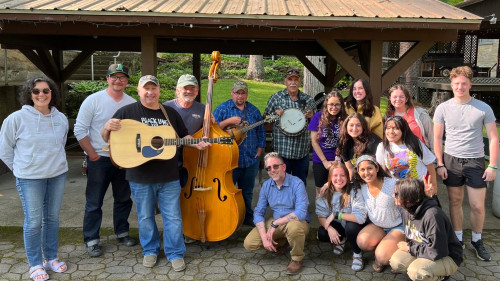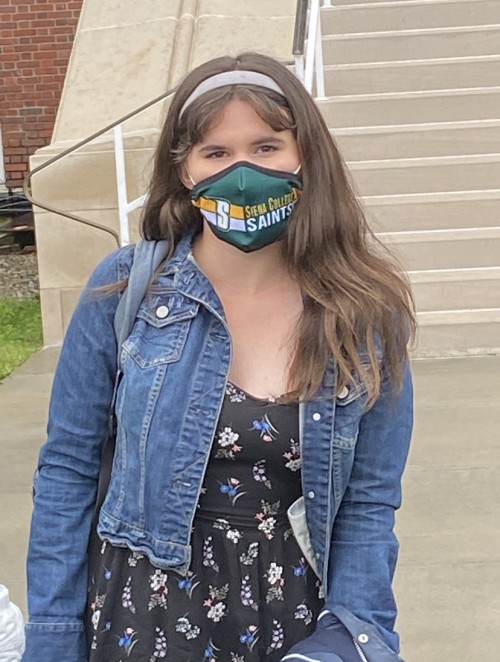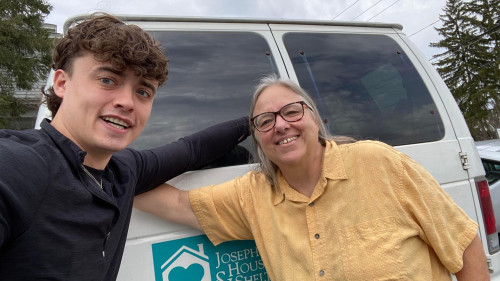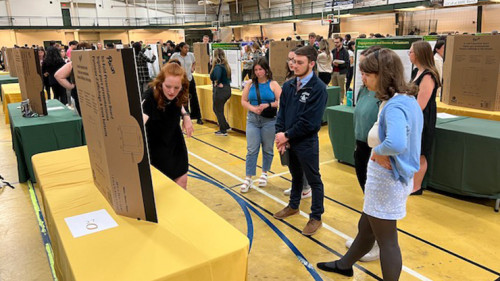
With Thanksgiving on the horizon, our thoughts may be turning as they do each time this year to gratitude. For Tony Manela, Ph.D., assistant professor of philosophy, that subject forms the basis of his academic research.
He is the recipient of a two-year $84,248 grant to explore the nature of gratitude to God from psychological, theological, and philosophical perspectives.
The grant was awarded from Biola University and the University of California Davis as part of the Gratitude to God project funded by the John Templeton Foundation. It supports philosophical inquiry into conceptual issues surrounding the nature of gratitude and belief. Manela’s individual initiative, “To what extent can nonbelievers be grateful to God?” investigates how, and to what extent, non-believers are capable of gratitude to God. Manela defines “non-believers” as religious people in periods of doubt, agnostics, and atheists.
He started working on the topic of gratitude about 10 years ago – it’s an area in the study of ethics that is often misunderstood and underrepresented. Most of his work has focused on what it means to be grateful to human benefactors; his current project extends our understanding of gratitude to supernatural entities.
“I wanted to know what gratitude to God looks like from the point of view of doubters,” Manela said. “At first, that might strike you as a futile project. After all, how could anyone be grateful to someone they think doesn’t exist?”
But using the “method of cases,” he has developed an argument showing that, under certain conditions, we can be grateful to human benefactors whose existence we doubt. Over the next two years, Manela will extend this conclusion to the case of supernatural benefactors, like ancestral spirits and God. He will explore the conditions under which people who don’t believe in God might be capable of gratitude to God, and how that gratitude might come out in their lives. He hopes his research will highlight common ground between believers and doubters.
Manela, who teaches classes in ethics, and reason and argument, will teach an upper level seminar in the spring on gratitude, informed by his research.
Philosophy major Priscilla Capuano ’21 (below) worked with him last semester in a tutorial on the philosophy of gratitude.
“Through the course, I became familiar with the nuances of gratitude as a virtue and a concept,” she said. “I learned that people's intuitions about what qualifies as gratitude can vary, and are commonly formed by their own experiences.”
They discussed the ways different types of gratitude can be delineated from each other, and how to appropriately apply each type of gratitude to practical situations. Their study revealed a number of “conflicting and fascinating” views on what actually constitutes gratitude, other virtues that related to it, and how to apply theories of gratitude to practical situations.
“We explored questions such as whether people should be grateful to their parents, doctors and friends, or if the duties that are affiliated with these relationships call for appreciation instead of gratitude. We also examined how non-religious individuals reconcile their inclination to be grateful to exist and experience a variety of privileges, despite the fact that they do not have a powerful being to be grateful to.”


